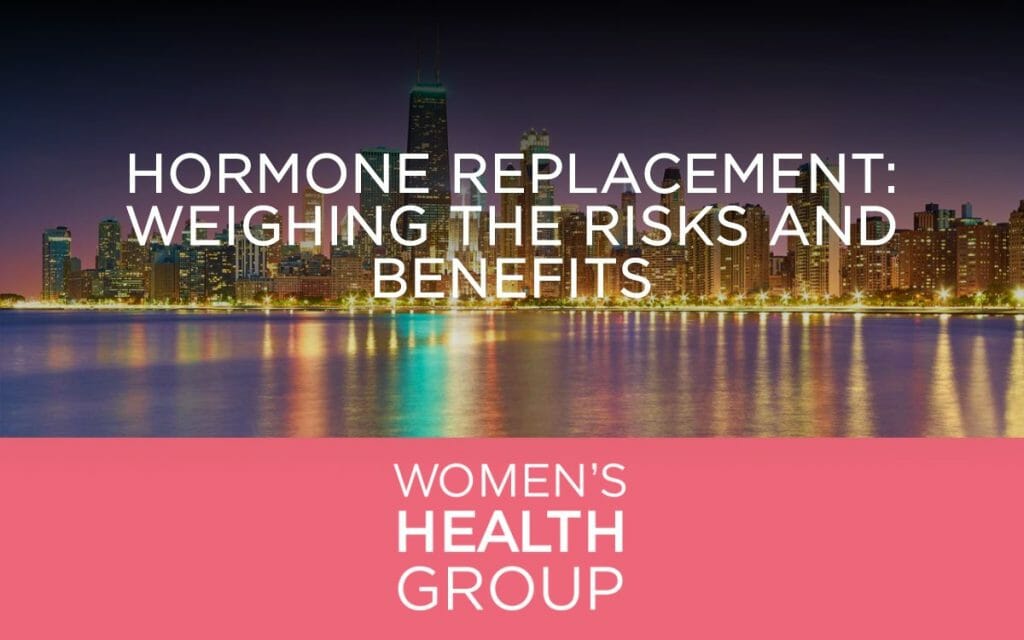Hormone Replacement Therapy: Unpacking the Intricacies
On the complex journey of women’s health, menopause certainly introduces unique challenges. This natural biological event usually occurs in women between the ages of 45 and 55, bringing along symptoms that can range from barely noticeable to significantly disruptive. Among treatment options to manage these symptoms, Hormone Replacement Therapy (HRT) has emerged as a prevalent choice. But as with all medical interventions, it is crucial to clarify the Hormone Replacement Riskins and benefits, so women can make informed decisions about their health.
A Comment on Hormones and Their Role
Hormones are biochemical substances your body produces to control most of your bodily functions – from metabolism and immune system to mood and reproductive cycle. During menopause, the body’s natural production of hormones estrogen and progesterone decreases dramatically resulting in an array of uncomfortable symptoms.
Hormone Replacement Therapy (HRT) steps in at this juncture to supplement the body’s hormone levels, essentially bringing them back to their pre-menopausal states. The therapy can take the form of pills, skin patches, creams, gels, or injections, ideally ameliorating menopausal symptoms. However, it’s crucial to understand this is not a ‘one-size-fits-all’ treatment, and the suitability and safety of HRT can significantly vary between individuals.
Grasping the Potential Benefits of HRT
There are numerous potential benefits HRT offers to alleviate discomfort caused by menopause. These include:
– Alleviation of vasomotor symptoms: Vasomotor symptoms, including hot flashes and night sweats, are among the most common and disruptive consequences of menopause. HRT has proven to be significantly effective in controlling these symptoms.
– Improved quality of sleep: Hot flashes and night sweats can contribute to insomnia or sleep disruptions. By managing these issues, HRT often leads to better sleep.
– Protection against osteoporosis: Postmenopausal women are at increased risk of osteoporosis, a condition that weakens the bones. HRT can help reduce this risk.
Unveiling the Hormone Replacement Risks
As with any medical treatment, HRT carries certain risks. According to Mayo Clinic, they include:
– Increased risk of blood clots and stroke: HRT can slightly elevate the risk of these complications, particularly in women over 60.
– Some forms of cancer: Prolonged use of combination HRT (estrogen and progesterone) has been linked to a higher risk of breast cancer. The risk of endometrial cancer also increases with estrogen-only HRT if the woman still has her uterus.
– Cardiovascular disorders: Initially, HRT was thought to offer heart benefits, but research doesn’t universally support this. Some studies suggest HRT may increase the likelihood of heart diseases, especially when initiated in women aged 60 and above.
Every Woman is Unique: Personalization of HRT
The risks and benefits of HRT vary significantly among women, based on their age, history, family genetics, and specific menopausal symptoms. Therefore, health practitioners typically tailor HRT regimens to fit individual needs and conditions. It is of utmost importance to consult with a healthcare provider to weigh the potential benefits and risks adequately. Critical considerations in these discussions involve personal medical history, the severity of menopausal symptoms, and health priorities, among others.
HRT Alternatives: What Other Options Exist?
If HRT doesn’t seem like the right choice for you, remember there are many other options to manage menopause symptoms effectively. These include lifestyle modifications like healthy diet, regular exercise, maintaining a moderate weight, and limiting caffeine and alcohol. Certain non-hormonal medications can also help handle specific menopausal symptoms. You are encouraged to discuss these alternatives with your health provider to chart the best course for you.
Taking the Next Step with Hormone Replacement
Navigating through the realm of menopause and HRT can often feel overwhelming. However, you are not alone in this journey. The Women’s Health Group of Obstetrician-Gynecologists in Chicago, Illinois, commits to work with you, offering their professional and compassionate expertise. You can also learn more about hormone therapy through resource hubs like the Office on Women’s Health.
In Summary: Hormone Replacement Risks and Benefits
Retaining equilibrium in the waves of menopause is an individual and sensitive journey for each woman. Hormone Replacement Therapy offers some significant potential benefits but also introduces certain risks. It’s essential to review all aspects of HRT, balancing the pros and cons pertinent to your personal circumstances, before making any decisions. Engage with your healthcare provider, ask the right questions, and empower yourself with knowledge. Because when it comes to health, you are your best advocate.




